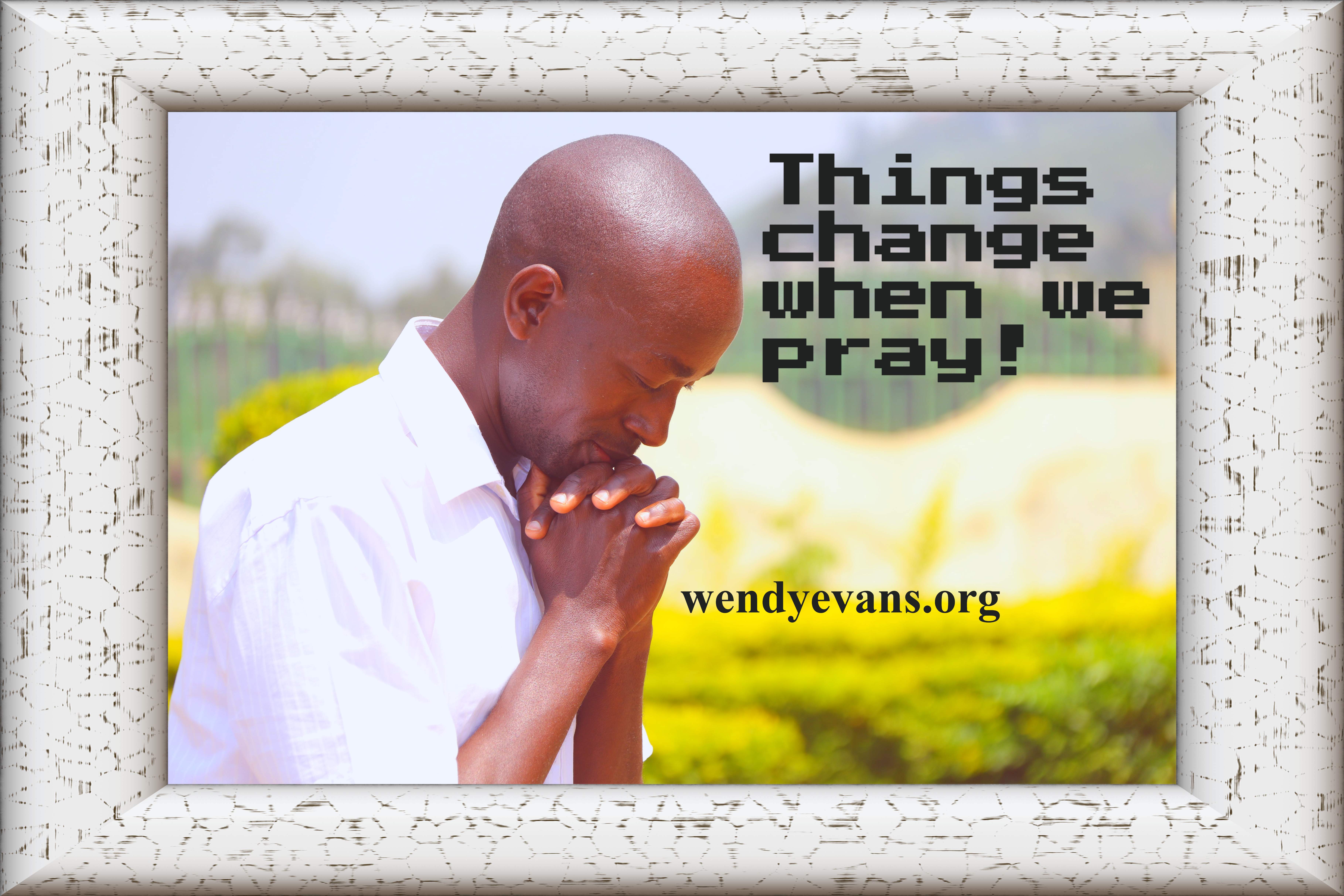There remains, then, a Sabbath-rest for the people of God; for anyone who enters God’s rest also rests from their works, just as God did from his. Let us, therefore, make every effort to enter that rest, so that no one will perish by following their example of disobedience. (Hebrews 4:9-11 NIV)
As a lover of naps and refreshment, Sabbath and rest are very close to my heart. They sometimes seem counterintuitive in our American culture, which is so focused on the grind or the hustle of working hard day after day in our effort to establish outward evidence of success.
But God’s kingdom often works oppositely of what we might expect. For example, the last will be first (Matthew 20:16). To be the greatest, you must become the servant of all (Matthew 20:26). A similar principle applies to work and rest. By prioritizing rest, we can produce better results in less time. Of course, better is also a relative term often backward in God’s kingdom. The best results aren’t about power, prestige, and show. Success certainly isn’t about acquiring the most stuff.
When I shared a lesson on rest with my church, I asked them, “Why do we resist God’s command to partake in His rest?” Their answers were interesting.
Maybe we don’t actually want to be alone with our own thoughts.
Maybe we’re too ambitious, or stressed out, or we’re caught up in addictive behaviors.
Maybe we think that if we don’t do things in our own strength, they just won’t get done.
Maybe we’re aren’t comfortable setting boundaries and saying no to other people’s demands and expectations.
Maybe we feel like we need to actively “do” things to earn God’s favor.
Maybe we’re more concerned with other people’s opinions than God’s opinion of us.
Their responses varied widely, but I think Hebrews 4:1-2 gives us a peek into a common solution:
Therefore, since the promise of entering his rest still stands, let us be careful that none of you be found to have fallen short of it. For we also have had the good news proclaimed to us, just as they did; but the message they heard was of no value to them, because they did not share the faith of those who obeyed.
And so, it seems that entering into God’s rest requires an element of faith.
If we can engage that faith and enter into that rest, kingdom principles begin to come into play. The weak become strong (2 Corinthians 12:10). Less becomes more (Psalm 37:16). We find joy in simplicity (Hebrews 13:5). And God is able to multiply our efforts (2 Corinthians 9:10).
When we’re well-rested, we can engage in our work with our full hearts. We can keep ourselves open to blessings from God—like creative ideas, time-saving strategies, and supernatural multiplication of our efforts. In the end, God’s way turns out to be better than ours.
Do you feel well-rested? If not, what keeps you from getting the rest you need? What can you do to change that? How can you apply your faith toward entering into God’s rest?





















